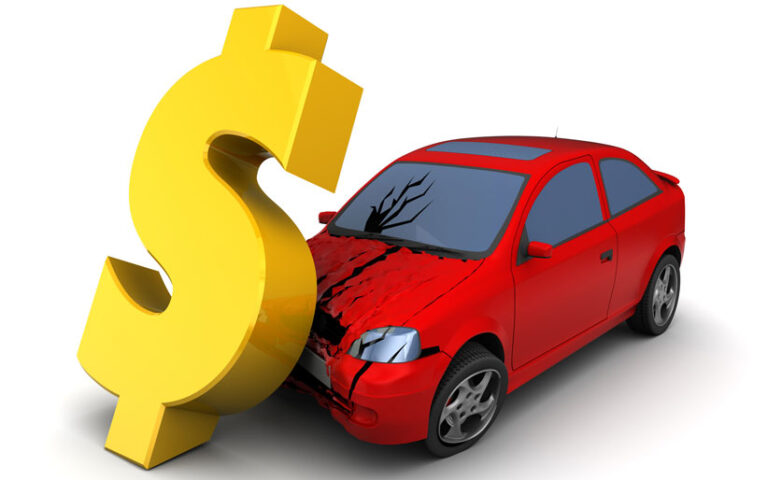DKG Insurance Brokers have launched Fuse Fleet, a behaviour-based insurance solution that will price the fleet insurance premium based on the probability drivers having a crash using Greater Than’s unique pattern artificial intelligence (AI) technology.
Greater Than is a driving data analytics company that specialises in understanding driver impact on the roads. Through the power of AI it converts GPS data into driver scores that predict crash probability.
Fuse Fleet will use the information to provide fleets with insights about driving habits and recommendations to improve safety. It will also be used to accurately price insurance premiums which could reduce for fleets with good driver behaviour. It could also increase if driver behaviour across the fleet indicates a higher likelihood of a crash.
“Our mission is to transform the way fleet operators manage risk by rewarding safe driving with our digital insurance incentives for safer fleets and lower premiums,” said Luke Kelly, Managing Director of DKG.
“As a result of using Greater Than’s AI technology, we can now provide fleet management companies, brokers and telematics partners with deeper risk insights including crash probability. These insights benefit fleets through risk mitigation and accurate, transparent insurance premiums.”
Johanna Forseke, Chief Business Officer at Greater Than, said, “Our vision is to enable all users of GPS data to see the future and, in this partnership with DKG, we’re delighted that our Crash Probability Score is facilitating a dynamic insurance offer that delivers road safety benefits and enables fair insurance pricing to the Australian market.”
“With no additional technology required, telematics providers and their fleet customers can benefit from new risk insights to support safety goals as well as reduced insurance premiums for lower risk driving.”
Pricing fleet insurance based on driver behaviour is a new concept in Australia and Fuse Fleet are working with IAG to deliver product that could reward organisations that understand risk and proactively manage road safety with their drivers.
In Europe, reports indicate that fleets can reduce their insurance premiums by 10-15% by identifying the 15% of drivers that create 50% of the incidents.
To make ‘Behaviour Based Insurance’ work, Fuse Fleet needs GPS data from customers to create the driver risk profiles. Improving driver behaviour is one of key benefits promoted by telematics suppliers, so being able to monetise the improvement with reduced insurance premiums will make the systems more attractive.
If the concept works, the end goal is to move to a dynamic insurance pricing model where premiums are evaluated monthly rather than annually. GPS data will provide real time insights into the driver behaviour within a fleet and alert the insurance actuaries of an impending disaster. It might also force more organisations to take fleet and road safety seriously when their premiums increase each month.






